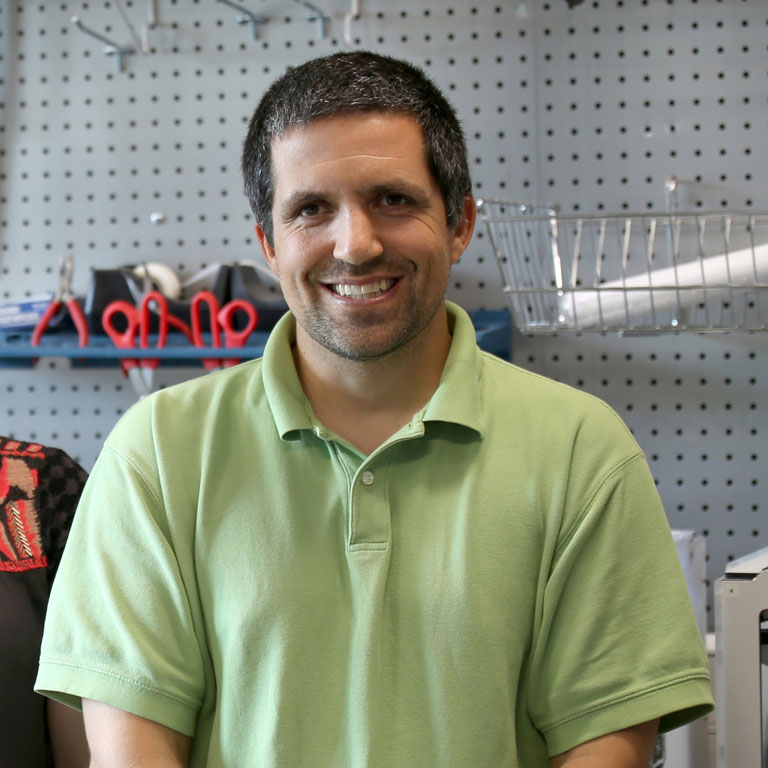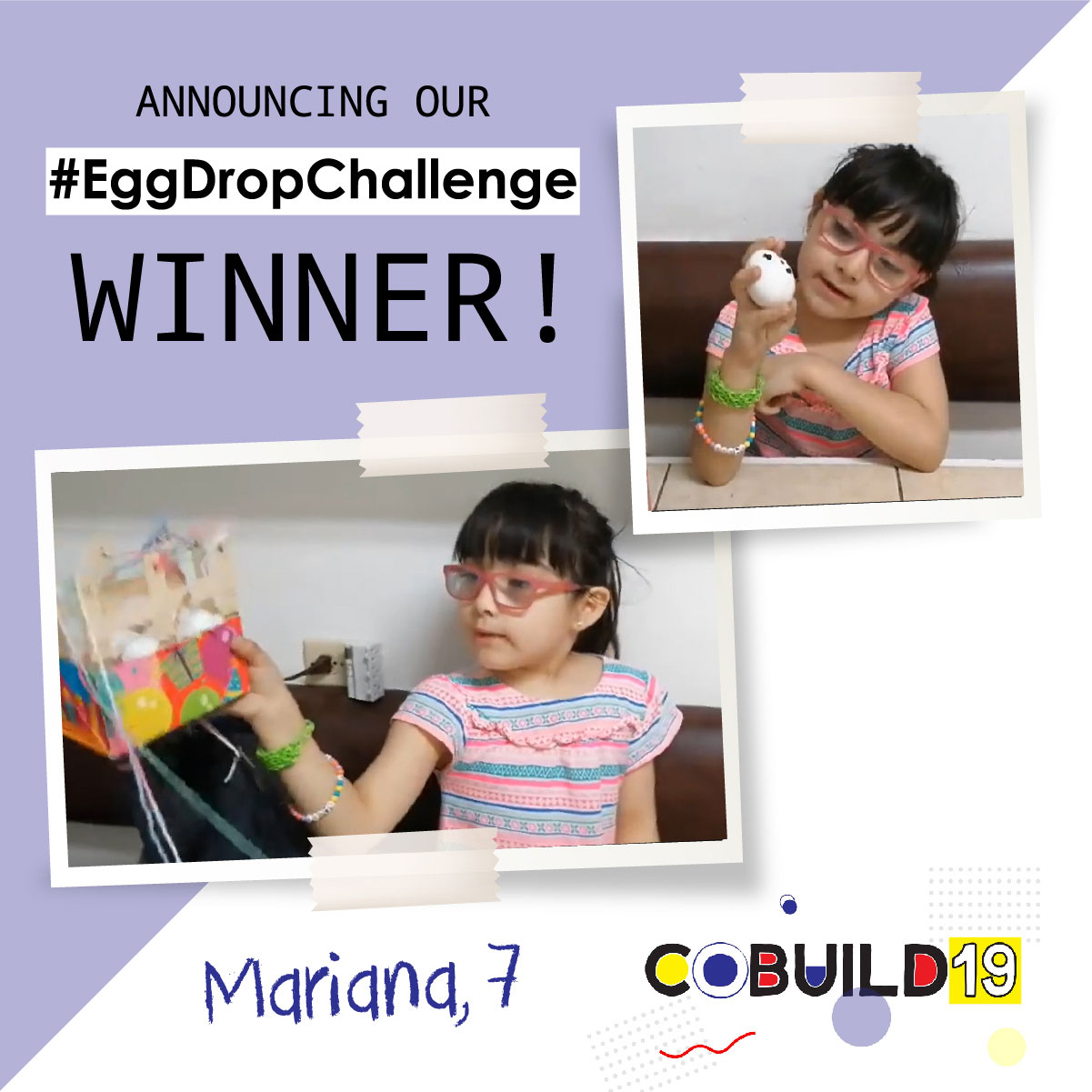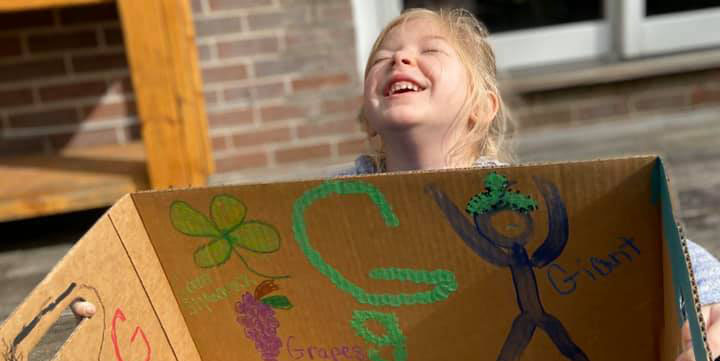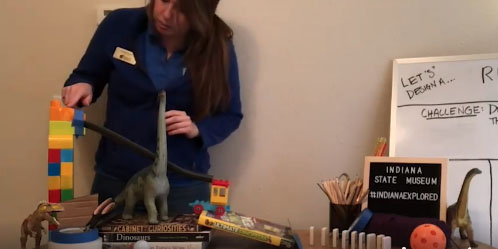May 8, 2020
As pandemic-induced public school closures loomed in March, STEM education expert Adam Maltese knew what home-schooling parents would need most: ideas.
Quickly gathering a cadre of creative colleagues from around the country, Maltese -- an associate professor in the School of Education at Indiana University Bloomington -- and others launched a Facebook group called CoBuild19 to deliver engaging science, technology, engineering and mathematics activities for kids. In just about six weeks, the group surpassed 4,300 members, including museums, organizations, teachers, librarians and parents -- lots of parents.
“We started the group to support parents and caregivers through extended school closures with activities they can engage in with their kids,” Maltese said. “Given our prior work, we thought people would be looking for non-school-related material, ways to keep kids active. Our goal is to produce a steady stream of content for parents who might be interested.”
Now, with a $200,000 grant from the National Science Foundation’s Rapid Response Research program, the Facebook group will include a specific focus on COVID-19 and how the pandemic may be influencing learning at home.
Maltese’s expertise is in science education, especially studying making/engineering design practices and how to get students to engage in and understand those activities. The team behind the Facebook CoBuild19 group has been delivering short DIY activity ideas and weeklong design challenges. For example, mid-April was Make Some Noise week, culminating with short videos on how to make an instrument from household items and how to use that instrument and free software to make a song. Challenge winners receive a $50 gift card.
With funding support from Infosys Foundation USA, as well as the NSF, and full disclosure to the group’s members, Maltese and his colleagues are also using the Facebook group for their research. The team is analyzing the way families and children engage with the activities offered to understand more about learning and how STEM content can best be delivered to meet learners’ needs and interests.
“The focus of this research is exploring how we can engage audiences and the best ways to engage them,” Maltese said.
To assess how, when and why learners interact and participate, the group is experimenting with variables such as how content is delivered (recorded video, livestream, written text), the language and images used to present the content, and more.
Beyond delivering activities that relate to the basic science of the novel coronavirus and its transmission, the project team also plans to gather information on how children and families ask questions about the coronavirus and use COVID-19-related information as they engage in design and making.
The NSF-funded project involves a wide range of key partners across the nation, including co-principal investigators at Binghamton University and at Science Friday, a nonprofit organization dedicated to making science information accessible through podcasts, videos, websites and other resources. Other partners include the New York Hall of Science; the Indiana State Museum; El Garage Project Hub in Mexicali, Mexico; the Amazeum in Bentonville, Arkansas; Maker Educator Collective; and the Bay Area Discovery Museum, Tech Interactive and Sonoma County Office of Education, all in the San Francisco Bay Area.
Maltese and his colleagues hope their work will particularly help museums, which are struggling under physical distancing and pandemic shutdown orders to engage with people beyond the reach of their buildings.
“Museums are in a challenging spot,” Maltese said. “They are having to abruptly shift to engaging with audiences in an online world, too. We hope we may be able to help them optimize some of their work and provide them some best practices for the near term and long term.”
Although everyone hopes the COVID-19 pandemic is a one-time event, the research team’s findings will provide useful knowledge for future national emergencies that may require closing schools and other informal education institutions such as museums.
But more than that, Maltese said, the team hopes the CoBuild19 Facebook group and its offerings will bring some relief to children and families around the world.
“If families are drowning in anxiety about the virus, that’s not healthy,” Maltese said. “We’re trying to push out activities that kids and families can actively engage in, to give them a break. If we’re producing things that are useful to people and give them a five-minute break, that’s a success.
The CoBuild19 Facebook group invites new participants and encourages sharing their activities with family and friends.





